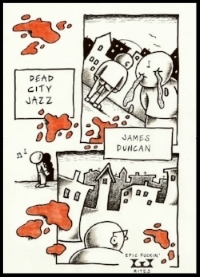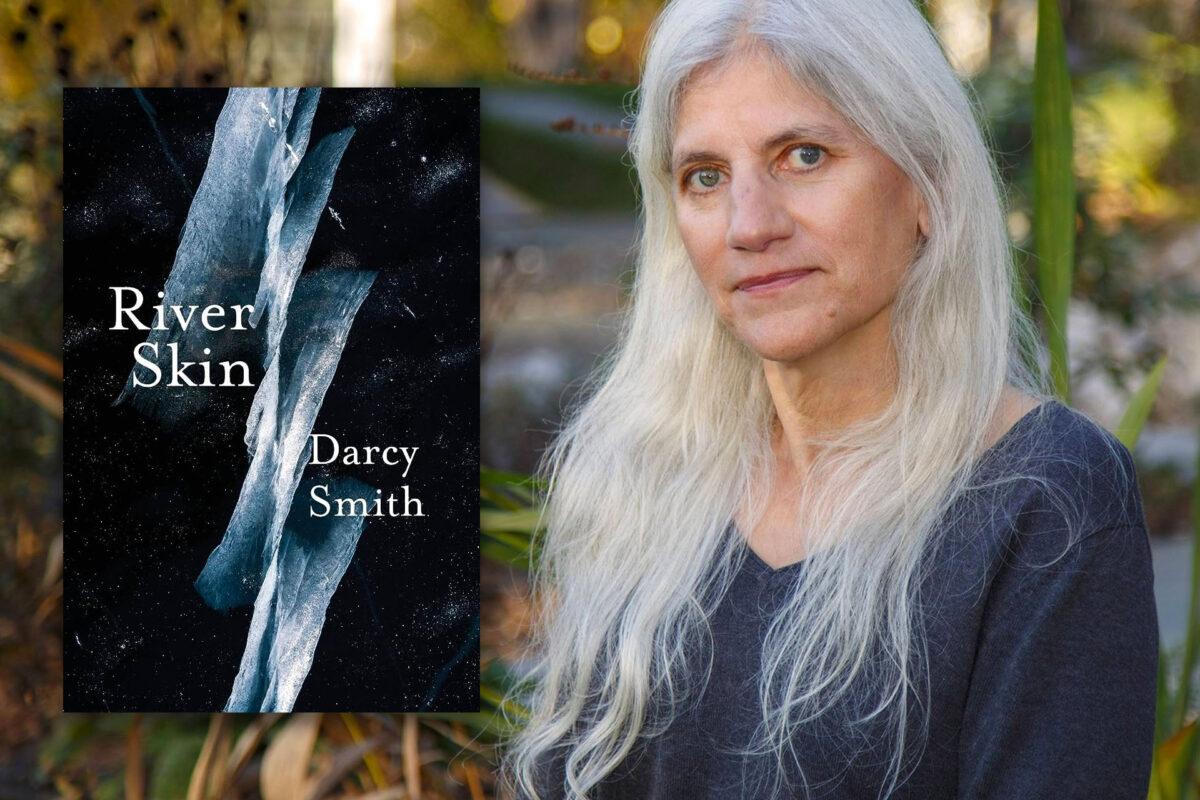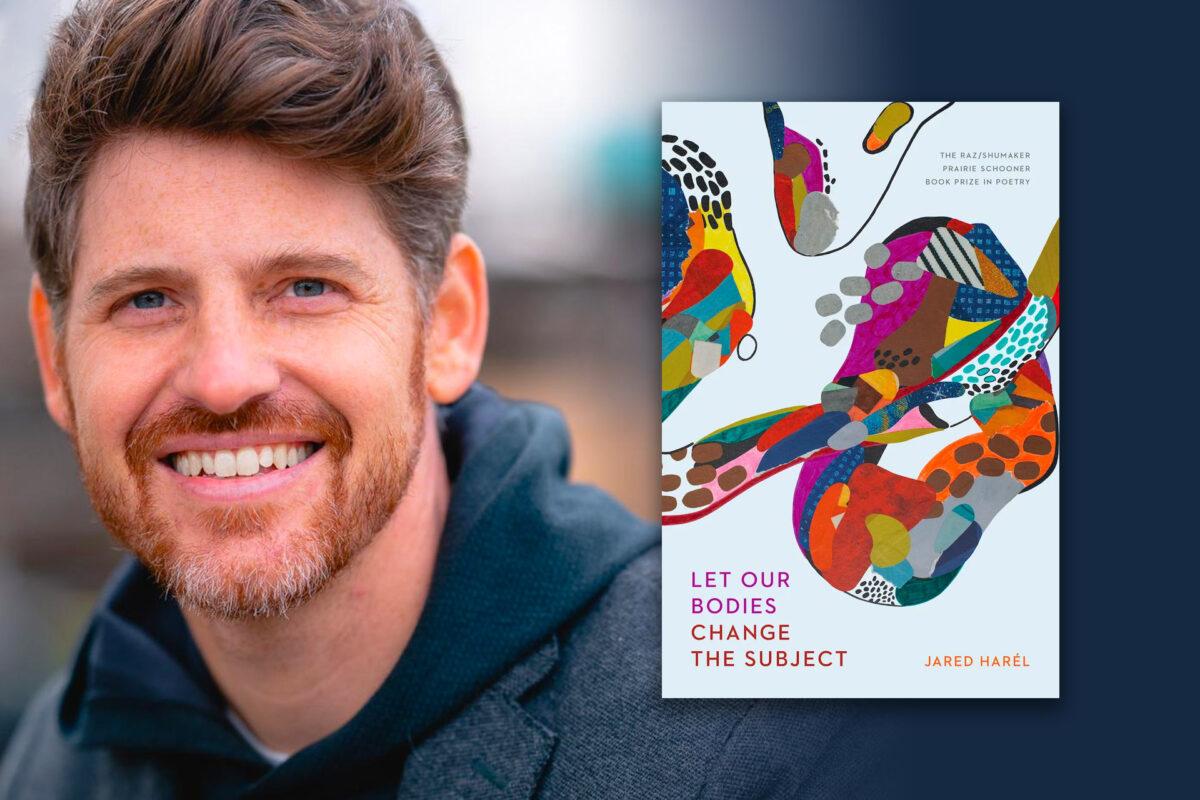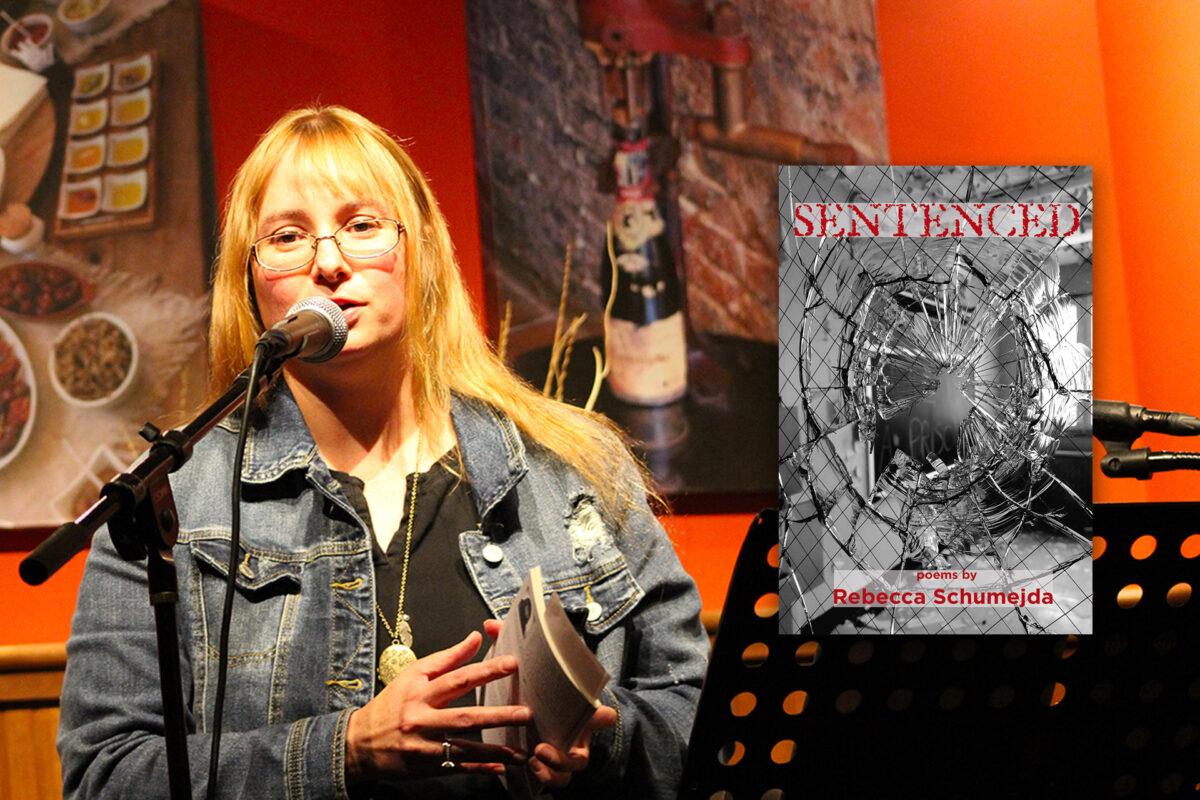 Dead City Jazz by James Duncan
Dead City Jazz by James Duncan
Epic Rites Press, 2016
Part of the Punk Chapbook Series
Order all 12 in the series for $40 plus shipping and handling or contact the author at www.jameshduncan.com
In his chapbook collection, Duncan explores the geography of human emotion, love, loneliness, desperation, fear and indifference using robust imagery while simultaneously intertwining narratives. In “Blue Star,” the opening poem, the narrator realizes that he is not in love with the woman he was with while speaking with her on the phone. He is on a physical and emotional journey where many of the sights he encounters seem an extended metaphor for love. He talks of a winding Texas road he traveled with a friend and describes the twisted oaks that lined the road as having limbs that look like, “dead spiders on their backs,” and later describes water trickling down to the San Antonio River, “moon and neon sparkling in the worming rivulets like aquatic fireworks.” These poignant images are dispersed throughout and reinforce the idea he is touching upon. This poem is not just about the end of an intimate relationship, but also about how we improvise through our experiences like jazz music. My favorite part of the poem is how Duncan brings the reader to an entirely different place at the end of the poem when he writes, “and in the end it was cowardice/ that led me to the sidewalk again—that/ and the scent of tacos out/ there somewhere in the night” He gives the reader the sense that this is just the beginning of the story by leaving this and the other pieces in the collection unpunctuated. In “Jazz Annex,” he skillfully weaves the stories of several people into one night and allows each their individual moment, the way a jazz band gives each player their own solo: “and Gil is sleeping now with his girl, quiet and maybe/ in some sort of havened peace, much unlike/ Jesse smoking still in darkened rooms, with or/ without the company of his prey,/ and Jackie is gone now to a ghost down/ the street, like all nighthawks.” Throughout these poems, Duncan shows how you can travel anywhere, but you will always find similar social landscapes.
This chapbook is a lively sampling of Duncan’s work that I highly recommend. Epic Rites publishes some of my favorite small press poets.
Be sure to check out more of Duncan’s work at http://www.jameshduncan.com and hopefully if you live in the Capital Region, you will have the opportunity to catch him reading, as he is currently living in the area. Also, check out his online magazine Hobo Camp Review!





